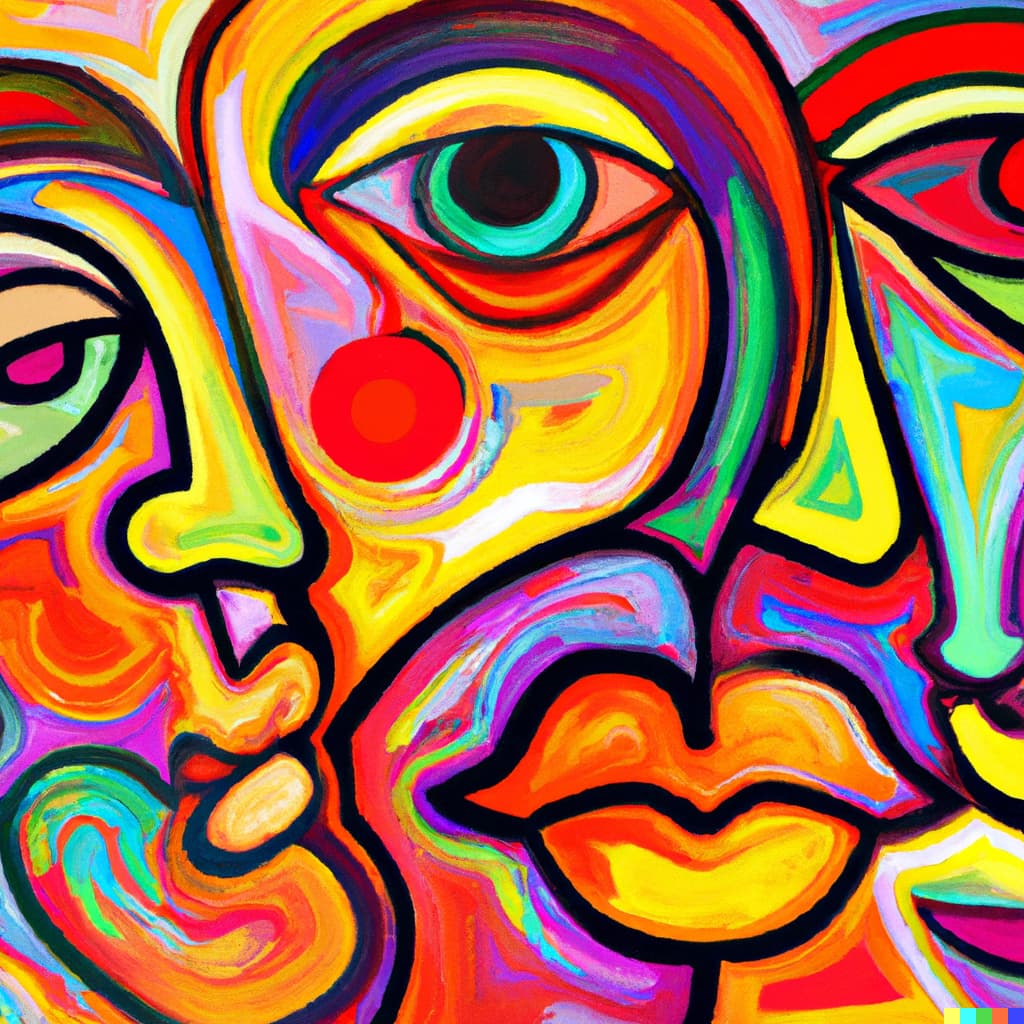Lawyering is for Humans
A client in tears once asked me: “Am I going to lose my house?” Another client, enraged: “I don’t care if I’m sure to lose, I want to fight.” Yet another, out of fear: “Just settle and be done with it.”

A client in tears once asked me: “Am I going to lose my house?” Another client, enraged: “I don’t care if I’m sure to lose, I want to fight.” Yet another, out of fear: “Just settle and be done with it.”
This was my experience in case after case. Outcomes, decisions, strategy so often boiled down to raw human emotions, not cold, calculated legal reasoning and risk assessment. Even purely commercial disputes between sophisticated companies invariably reduced to the arrogance, greed, fear, ambition, pride or values of individual actors.
Lawyers are at their best when they can translate substantive knowledge or situational experience into human terms. The people who hire us rarely care what the law actually says or the rules technically require. They come to us seeking protection, advice — in a phrase, peace of mind.
So as I watch and avidly participate in the law’s embrace of technology, structured process and data analytics, I’m reminded constantly by my past experiences that disorder is the norm, and all the computing power in the world can neither contend with the crazy nor substitute for the comfort of good human counsel.

